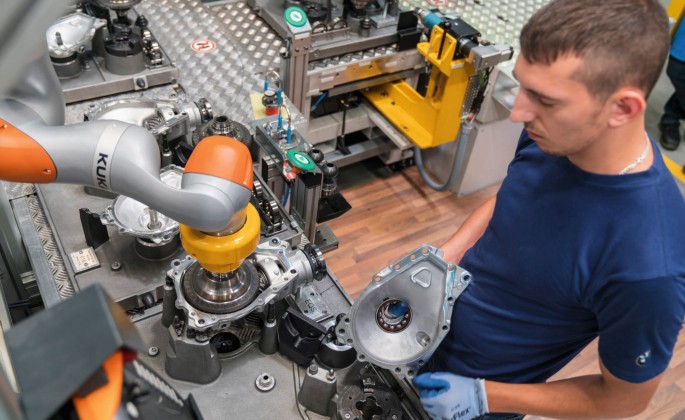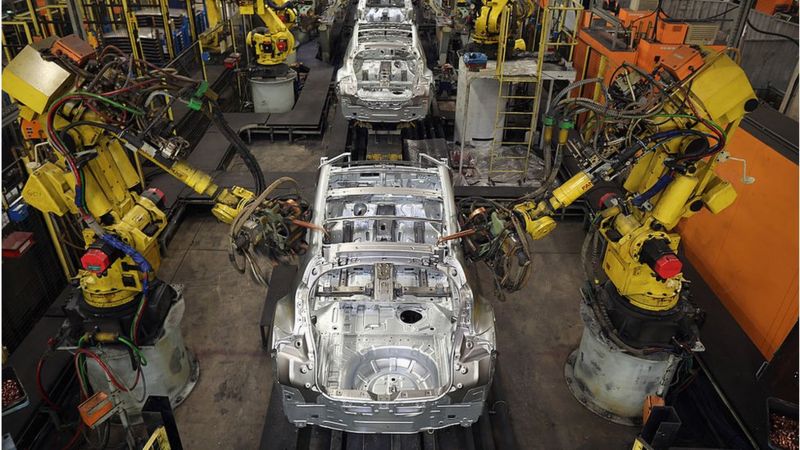The World Economic Forum (WEF) has advanced in a report that the coronavirus pandemic has deepened inequalities across labour markets and accelerated the urgency with which the public and private sectors must act to ensure millions of people remain employable in a changing jobs market.
The WEF Future of Jobs Report 2020 determined that, within the next five years, automation and a new division of labour between humans and machines will disrupt 85 million jobs around the world.
It further stressed that remote work is here to stay and going forward, workers should expect to change careers and hone skills multiple times throughout their careers to adapt to new labour trends.
“COVID-19 has accelerated the arrival of the future of work,” Saadia Zahidi, WEF’s managing director, said in a news release. “It’s a double disruption scenario that presents another hurdle for workers in this difficult time. The window of opportunity for proactive management of this change is closing fast.”
WEF’s report also added that the pace of technological adoption is expected to remain persistent during the next five years with the continued adoption of cloud computing, big data and e-commerce. The economic crisis caused by the pandemic has only accelerated the process and continued to hit entire sectors on a far worse level than the 2008 global financial crisis.
With most business leaders focused on fast-tracking digitalisation, keeping up with the changes will require workers to be retrained. Even workers who are expected to remain in their jobs for the next five years will need to adapt, the report found, with nearly 50 percent expected to require re-skilling.
The Future of Jobs survey, which underpins the WEF report, is based on the projections of senior business leaders from some 300 global firms, which together employ eight million workers.

The report also predicts a potential 97 million new jobs may emerge in this new labour market comprising of a “division of labour between humans, machines and algorithms,” and approximately 40 percent of workers will be able to re-skill in six months or less.
But these shifts in the labour market are not expected to benefit everyone equally. Global inequality will be intensified by the acceleration of technology and the pandemic-induced jobs crisis, the report warned, adding that low-income workers, young people, women and low-skilled workers will be most affected.
For example, 43 percent of businesses surveyed by WEF indicated that they are set to reduce their workforce due to technology integration, but only one out of five businesses worldwide has the ability to utilise public funds to re-skill workers.
Attitudes about skills are also changing among upper management. Ninety-four percent of business leaders reported that they expect employees to pick up new skills on the job, a sharp increase from 65 percent in 2018.
The report called on governments to provide displaced workers with access to social safety nets, improve education systems and offer incentives for businesses to invest in the jobs of the future. The private sector can also set standards and goals such as training programmes and targets to ensure that workers are not left behind, WEF admonished.























